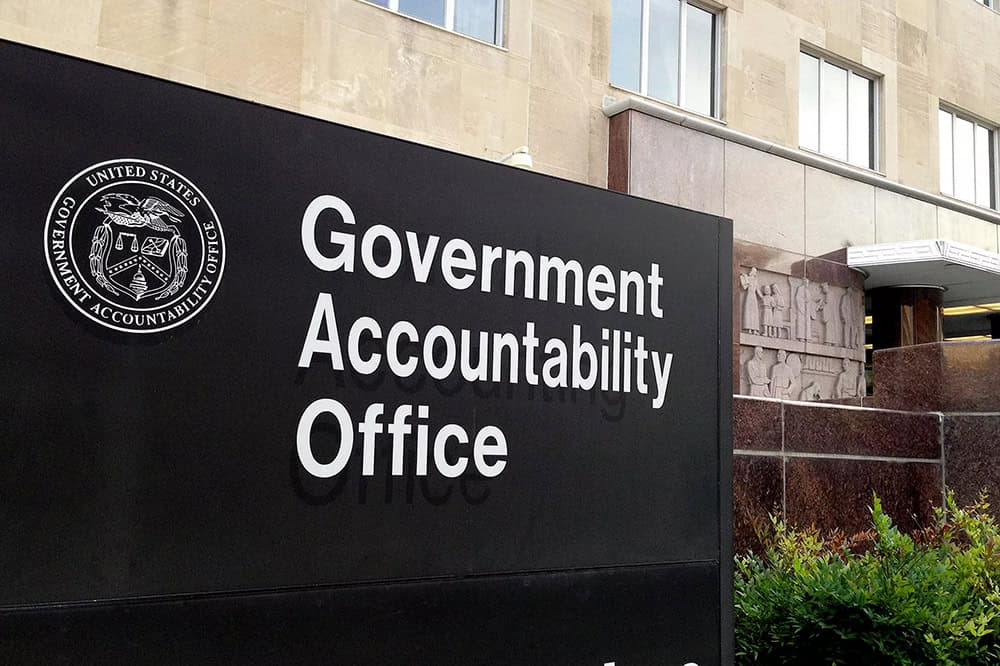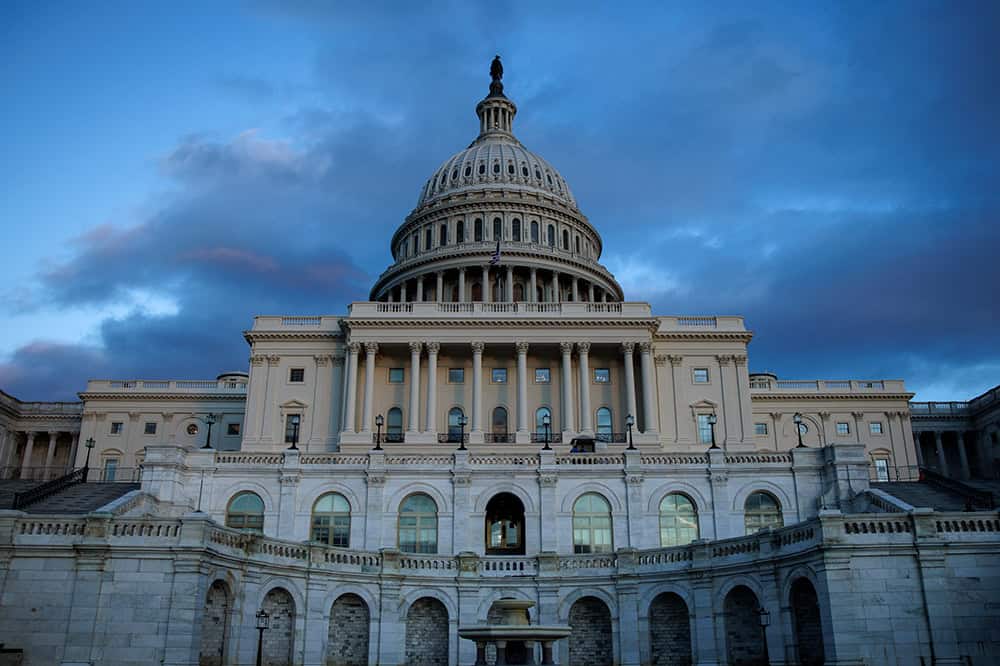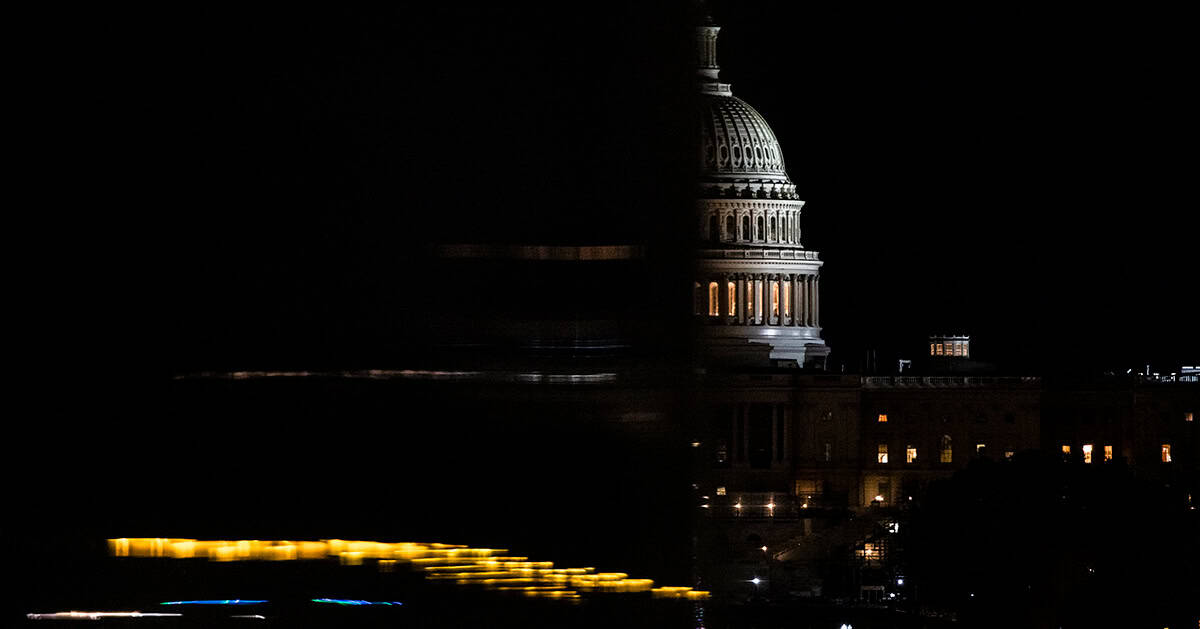New analysis released today from the nonpartisan Congressional Budget Office (CBO) shows deficits doubling and debt skyrocketing under a scenario where the expiring provisions of the Tax Cuts and Jobs Act (TCJA) were made permanent. If interest rates were also higher than projected, a second scenario shows that the United States would incur even worse fiscal damage.
CBO finds that:
- If provisions of the TCJA were made permanent (and there were no other changes to fiscal policy), debt held by the public (DHBP) would reach 214 percent of gross domestic product (GDP) in 2054 — 47 percentage points higher than under the baseline scenario in which the provisions expire as scheduled and well above the level in 2024 of 98 percent of GDP.
- Making those provisions permanent would lead to a near-doubling of the annual deficit relative to GDP — from 6.3 percent this year to 12.3 percent in 2054.
- In addition, if interest rates also increased each year until they were higher than projected by 1 percentage point, DHBP would exceed 250 percent of GDP within 30 years. Macroeconomic feedback effects would further increase interest rates and, therefore, lead to even worse fiscal outcomes. Such findings demonstrate the sensitivity of the nation’s finances to borrowing costs.
As lawmakers consider the expiring tax provisions this year, they should keep in mind the effects on the nation’s unsustainable debt, and follow guiding principles for fiscally responsible tax policy.
Further Reading
National Debt Could More than Double the Size of the Economy
GAO’s findings add to a chorus of nonpartisan evidence and analysis showing that action is needed to improve our fiscal outlook.
Long-Term Budget Outlook Leaves No Room for Costly Legislation
As lawmakers consider costly legislation to extend expiring tax provisions this year, CBO’s latest projections serve as a warning that our fiscal outlook is already dangerously unsustainable.
Moody’s Warns Recent Policy Decisions Worsen U.S. Fiscal State, Maintains Negative Outlook Rating
Moody’s says that the United States is in fiscal deterioration, warning that government policy decisions in the near term could contribute to higher interest rates and worsening national debt.


